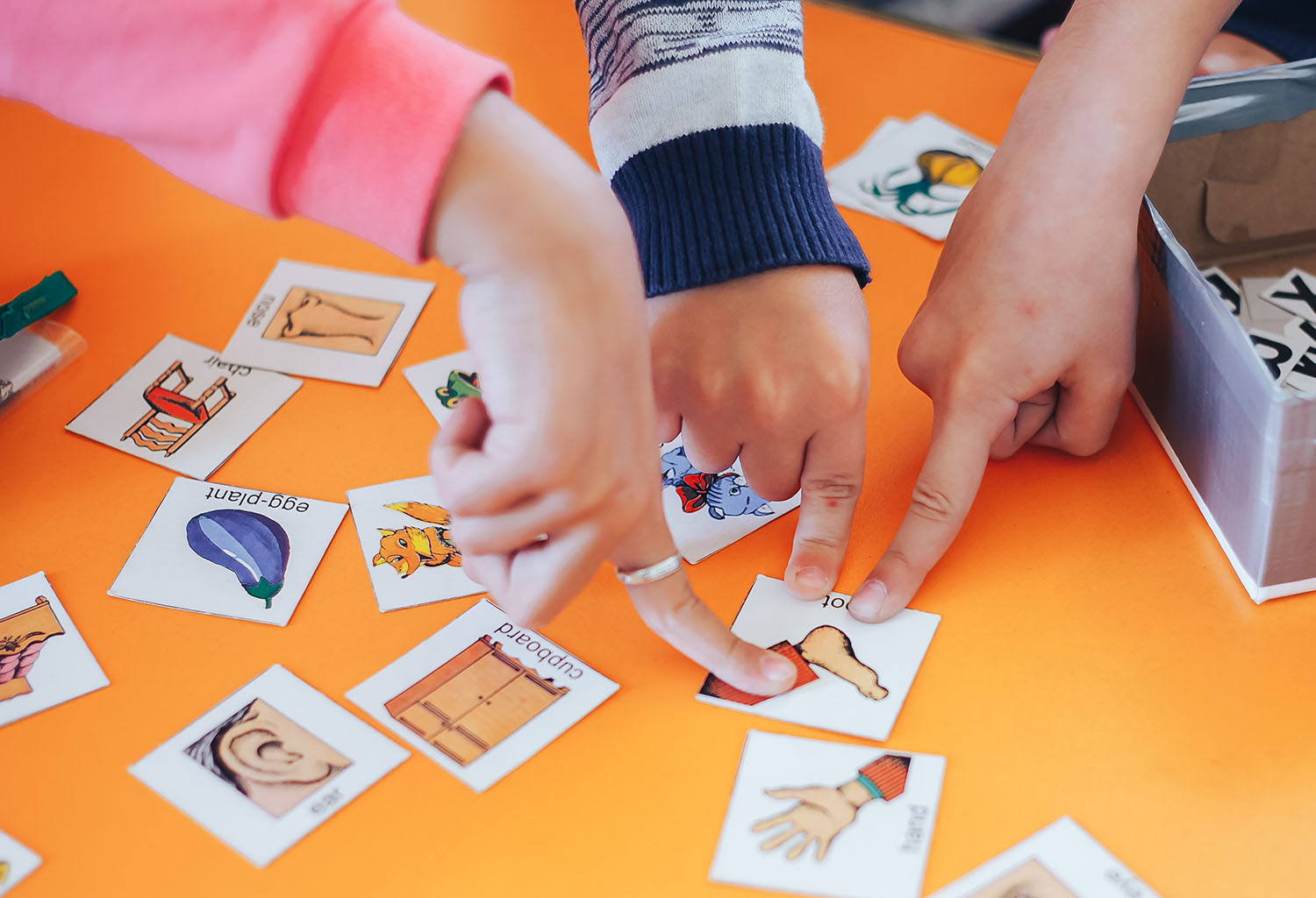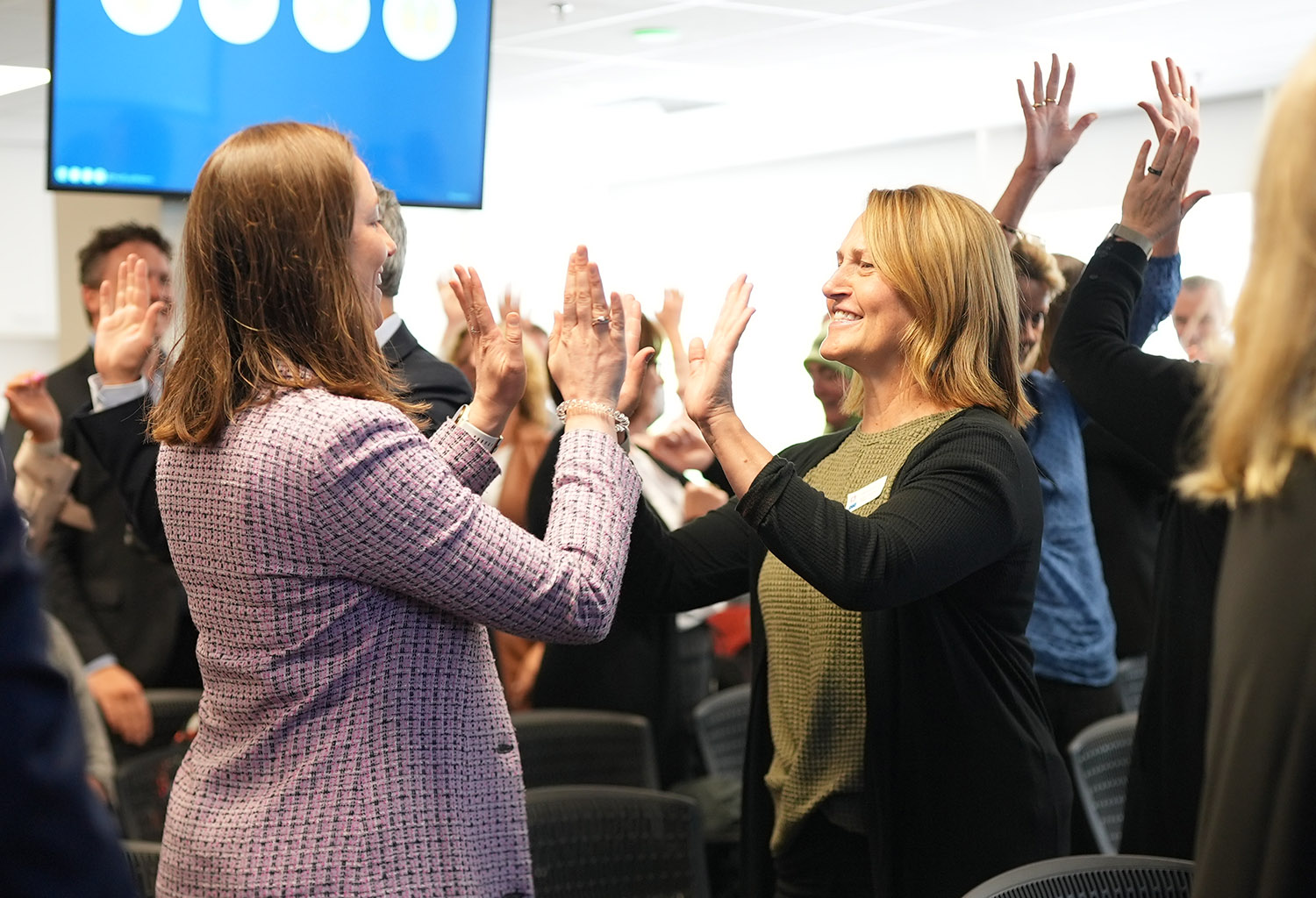Memory, emotions and the value of flashcards
Dr Jared Cooney Horvath delves into the science of the brain to take students from surface to deep learning.

2 min read
At some point in the last two decades, ‘memorisation’ became a four-letter word.
I understand the sentiment. By-and-large, teachers are interested in helping students to organise, conceptualise, debate, apply and test information: in short, deep learning. However, inherent within this definition is the unavoidable fact that students must first have information with which to organise, conceptualise, debate, apply and test.
When students offload their memory to external devices (rather than forming deep, internal memories), this leads to shallower processing and conceptualisation of relevant information. For this reason, the existence of Google doesn’t eliminate the need for modern students to form internal memories any more than the existence of the Encyclopedia Britannica eliminated this need for previous generations.
Just as we must traverse surface waters to reach deeper waters, so too must we traverse surface learning in order to reach deeper learning. This is why memorisation remains a very important (arguably integral) aspect of education.
How do your emotions affect memory?
In my YouTube series, ‘From Theory to Practice’, I take a piece of research and explore what it means for teaching and learning. In this video, I look at episodic and semantic memory and shares some tips to help students to build useable knowledge.
Flashcards: Solid technique or antiquated relic?
Of course, memorisation need not be rote. It can occur via play, enactment, quizzes, illustrations, construction, etc. However, flashcards that contain a question on one side and the relevant answer on the other are still one of the fastest, easiest and strongest tools we have for explicit memorisation.
This is true for three reasons:
1. Recall
Memory is constructive: this means the more we internally access or recall a memory, the deeper, more durable, and more accessible that memory becomes in the future.
For instance, the reason why I remember Game of Thrones so well is not because I repeatedly watch the show, it’s because I repeatedly talk about the show – and each time I recall it my memories become stronger.
With a ‘question-on-front’ format, flashcards require individuals to internally recall information thereby leading to deeper memories than simple re-reading or re-viewing of material.
2. Feedback
Memory is notoriously malleable. Each time we access a memory, we have the ability to tweak, change or amend it for posterity.
One way to combat this is to employ immediate feedback: allowing access to relevant information following recall can ensure it remains accurate. With an ‘answer-on-back’ format, flashcards supply this feedback so we don’t unwittingly change our memories.
A good rule of thumb: recall for deep memories, feedback for accurate memories.
3. Linking
Within the brain, facts become tied together into large, interconnected webs called schemata. With these structures in place, whenever we recall a fact, we immediately have easier access to all other facts within that schema.
When flashcards are organised into thematic, conceptual or shared characteristic groups, this helps individuals form relevant schemata. For this reason, when using a group of flashcards, do not ditch those cards you get correct! Always keep the group together to ensure you are linking relevant ideas into an effective schema.
In the end, do not fear memorisation. Embodying facts may be surface learning, but this is what opens the door and allows for deep learning.
Dr Jared Cooney-Horvath is an award-winning cognitive neuroscientist, best-selling author and renowned keynote speaker with an expertise in human learning, memory and brain stimulation. This article and video have been republished with permission.
Join Dr Jared Cooney Horvath in person at ISV in May
Join us for this unique two-day event, tailored for educators and leaders, combining brainpower and learning science frontiers. You can join us for Day 1, Day 2… or both!


